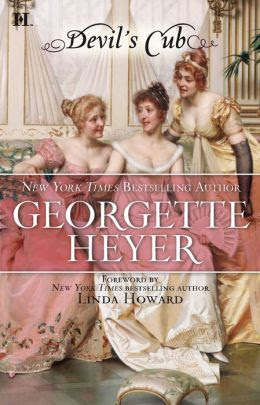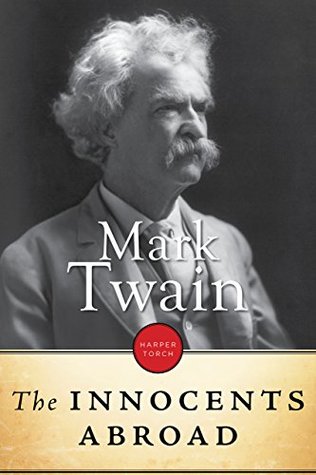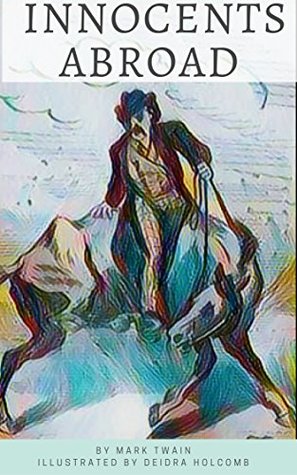Devil's Cub. Georgette Heyer. 1932/2003. Harlequin. 272 pages. [Source: Bought]
First sentence:
There was only one occupant of the coach, a gentleman who sprawled
very much at his ease, with his legs stretched out before him, and his
hands dug deep in the capacious pockets of his greatcoat.
Premise/plot: Devil's Cub is the sequel to These Old Shades. (These Old Shades is the unofficial sequel to The Black Moth.) Justin and Leonie have a grown son, Dominic (aka Vidal). I am not surprised a bit that Leonie's child turned out like Dominic. I'm not. Leonie just doesn't seem like a mother who would ever assert any discipline or teach responsibility. But I am a bit surprised that Justin didn't step up and do a better job in raising his son.
Dominic, the "hero" of the novel, is a wild, reckless, self-absorbed. That's his reputation at least. Marriage is not on his mind. Settling down with just one woman?!?!
Mary Challoner, our heroine, has met Dominic. She's safe from his supposed charms. She sees right through him and sees him as TROUBLE. But her sister, Sophie, is looking for trouble. Sophie reminds me of Lydia Bennet. (She doesn't cough enough to remind me of Kitty.) Sophie knows he's a "bad boy" and perhaps that's where the appeal comes in. That plus he's wealthy--or at the very least comes from a wealthy, titled family. Sophie is persuaded--quite easily I might add--by Dominic to run away with him to France, to Paris. Sophie doesn't even need the deception of "I'll marry you when we get there, I promise." She hears the word Paris and she's on board. Dominic will send for her by note.
But Miss Challoner is MARY Challoner--not Sophie. So Dominic's note is received by Mary. Mary's logic is perhaps a bit iffy. This is her reasoning: if she gives the note to Sophie, she'll go with him and her reputation will be ruined; if she gives the note to her mother, her mother will want Sophie to go only she'll try to manipulate the situation; if she ignores the note, will he come in person? Perhaps the answer to get him out of Sophie's life forever is to go herself and try to convince him that Sophie has thrown him over. What she doesn't reckon on is that Vidal will believe her and get ANGRY.
Mary Challoner finds herself kidnapped. But she's no victim and she needs no pity. Mary is fierce. Dominic finds himself in a whole new world, a world that he's not the center of, and he slowly but surely starts to grow up a bit.
My thoughts: Devil's Cub has always been one of my favorites. I don't think it's my favorite because of Dominic. I think it's one of my favorites because of Mary. I love, love, love to see Mary in action.
Quotes:
Lady Fanny almost stamped her foot, "I declare you are as incorrigible as that worthless boy himself!" she cried. "It's very well for the world to call Dominic Devil's Cub, and place all his wildness at poor Avon's door, but for my part I find him very like his mamma." (18)
© 2019 Becky Laney of
Becky's Book Reviews














